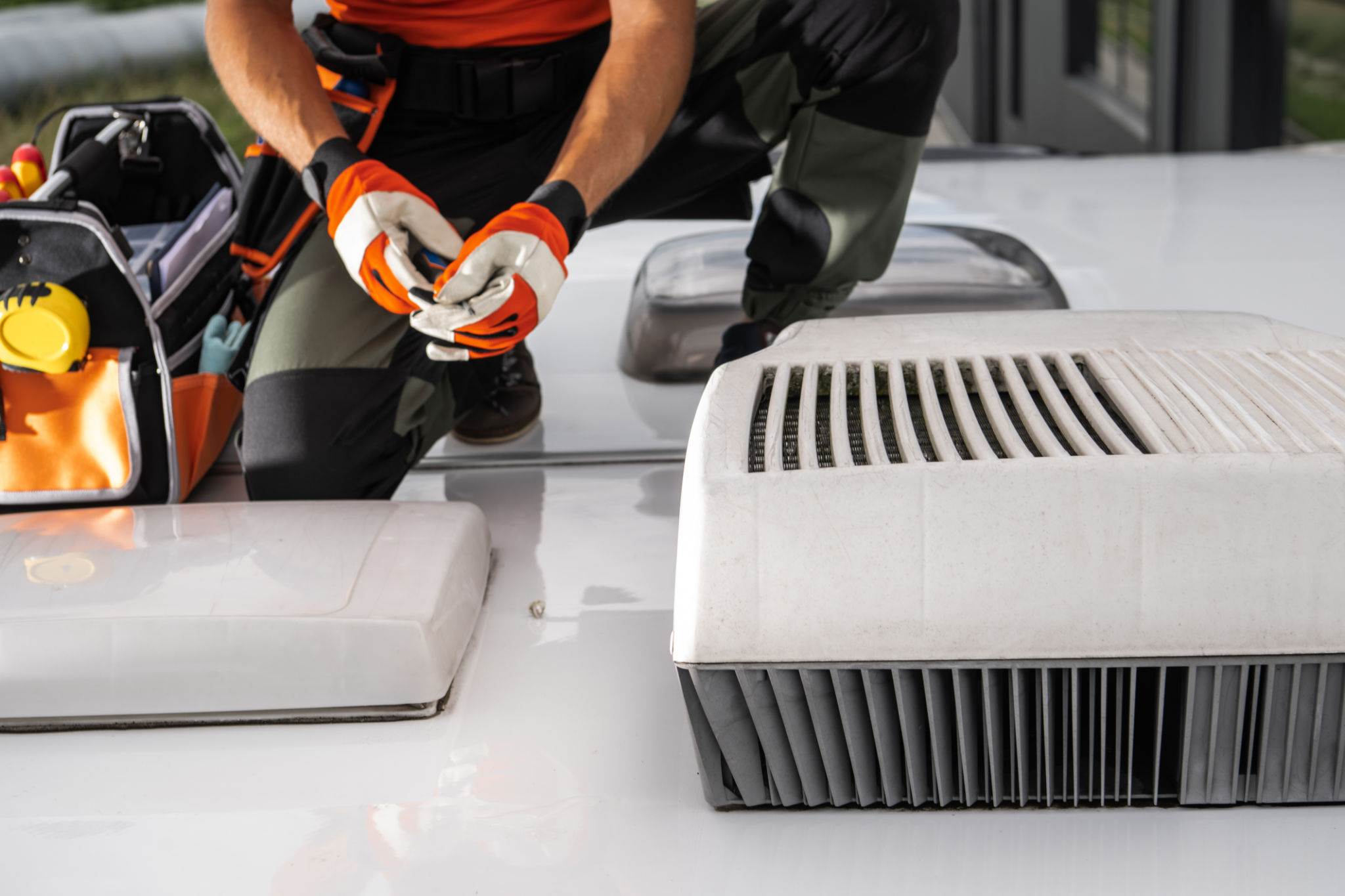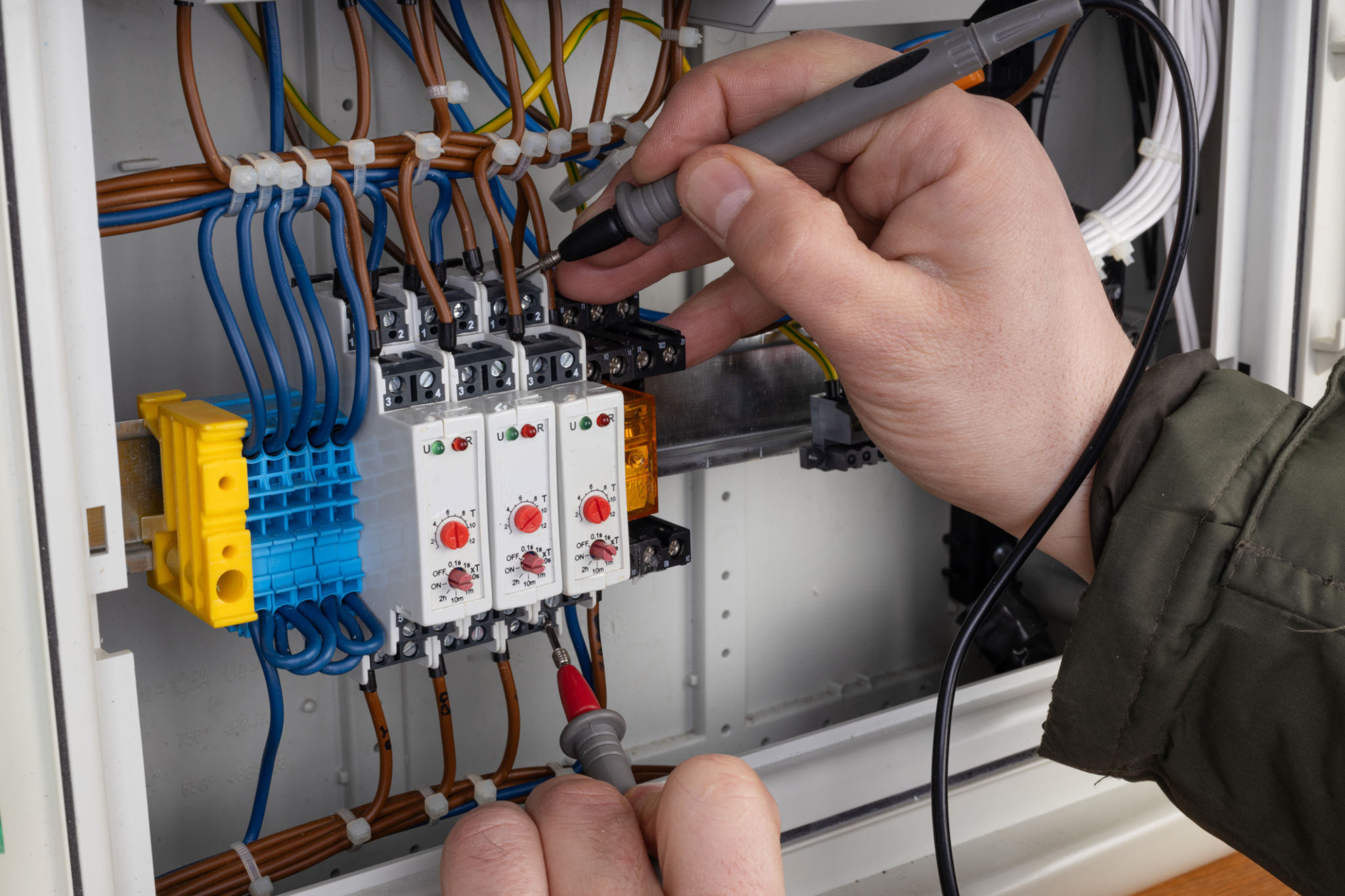Expert Insights: Common Mistakes in RV Inspections and How to Avoid Them
MJ
The Importance of a Thorough RV Inspection
Investing in a recreational vehicle (RV) opens up a world of adventure and exploration. However, buying an RV requires careful consideration, particularly when it comes to inspections. A comprehensive inspection can save you from potential headaches down the road. Unfortunately, many prospective RV owners make common mistakes during this critical process, leading to unforeseen issues.
One of the first missteps is not allowing enough time for the inspection. Rushing through this process can result in overlooked problems that could become costly repairs. It's essential to allocate sufficient time and attention to detail to ensure nothing is missed.

Neglecting the Roof and Exterior
The roof and exterior of an RV are often the most neglected areas during inspections. Many buyers focus solely on interior features and aesthetics, underestimating the impact of a damaged roof or leaking windows. These issues can lead to water damage, mold, and deterioration over time.
Ensure you thoroughly inspect the roof for cracks, tears, or signs of water infiltration. Pay close attention to seals around windows and doors, as these are common areas for leaks. A small oversight can lead to significant repairs and costs.
Check for Structural Integrity
Another frequent mistake is failing to assess the structural integrity of the RV. This includes checking for rust or corrosion on the frame and undercarriage. Rust can compromise the stability and safety of the vehicle, potentially leading to dangerous situations on the road.

Overlooking Electrical and Plumbing Systems
The electrical and plumbing systems are critical components that require careful evaluation. Buyers often assume these systems are in working order without verification, only to face malfunctions later.
During your inspection, test all electrical outlets, lights, and appliances. Ensure that the plumbing system is free from leaks and that all fixtures operate correctly. These systems are vital for comfort and convenience during your travels.
Understanding Potential Hidden Issues
Many hidden problems can lurk beneath the surface of an RV. For example, faulty wiring or plumbing issues might not be immediately apparent but can cause significant inconveniences or hazards.

Not Consulting with Experts
While a DIY inspection might save money upfront, it often lacks the thoroughness and expertise of a professional evaluation. A certified RV inspector has the knowledge and experience to identify issues that an untrained eye might miss.
Hiring a professional not only provides peace of mind but also ensures that you are fully aware of the RV's condition before making a purchase decision. It may incur an initial cost but can prevent costly surprises in the long run.
Final Thoughts: Avoiding Common Pitfalls
Avoiding these common mistakes during an RV inspection can save you from future headaches and expenses. By taking the time to conduct a thorough inspection, paying attention to details, and consulting with experts when necessary, you can ensure that your investment leads to endless adventures instead of unexpected repairs.
Remember, being diligent in your inspection process will pay off by providing you with a reliable and enjoyable RV experience.
